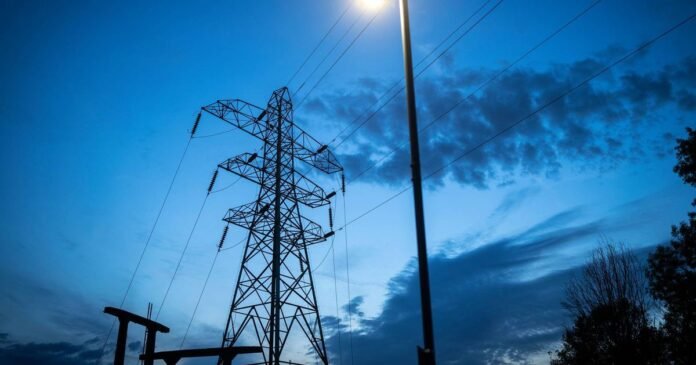The risk of potential winter power shortages has decreased, although there are still concerns about periods of high demand, as per a recent report.
The UK’s energy network operator has announced that the surplus power capacity, known as margins, has reached its highest level in six years. The National Energy System Operator (NESO) revealed a 900-megawatt buffer, equivalent to about three gas power stations, more than the previous winter. This increase is attributed to the addition of more battery storage and the utilization of gas-fired power plants and imports. Despite the improvement, NESO cautioned that there could still be some instances of tight electricity supply during the winter months.
Deborah Petterson, the director of resilience and emergency management at NESO, emphasized the importance of a dependable energy supply for daily life. She highlighted that this winter’s outlook shows the strongest electricity margins in six years, stressing the need for ongoing collaboration within the energy industry to ensure reliability.
National Gas analysis indicated that the UK has an ample gas supply to meet peak demand, even in unexpected outage scenarios. Gas demand is projected to be 3% lower than last winter, alleviating pressure on the system. Glenn Bryn-Jacobsen, the director of energy systems and resilience at National Gas, expressed confidence in the gas system’s resilience and its ability to meet the country’s energy requirements during peak periods.
Despite these assurances, concerns were raised by Angharad Hopkinson, a political campaigner at Greenpeace UK, regarding the potential for gas power plants to exploit the situation for profit, leading to increased costs for consumers. Jess Ralston, an energy analyst at the Energy and Climate Intelligence Unit, highlighted the positive impact of renewable energy on reducing blackout risks and lowering electricity prices. Ralston emphasized the importance of investing in British renewables to reduce dependence on foreign gas and enhance energy independence, particularly as North Sea resources decline.
Overall, while improvements have been made in energy supply and resilience, ongoing collaboration and investment in renewable energy sources remain crucial for ensuring a stable and sustainable energy future.

